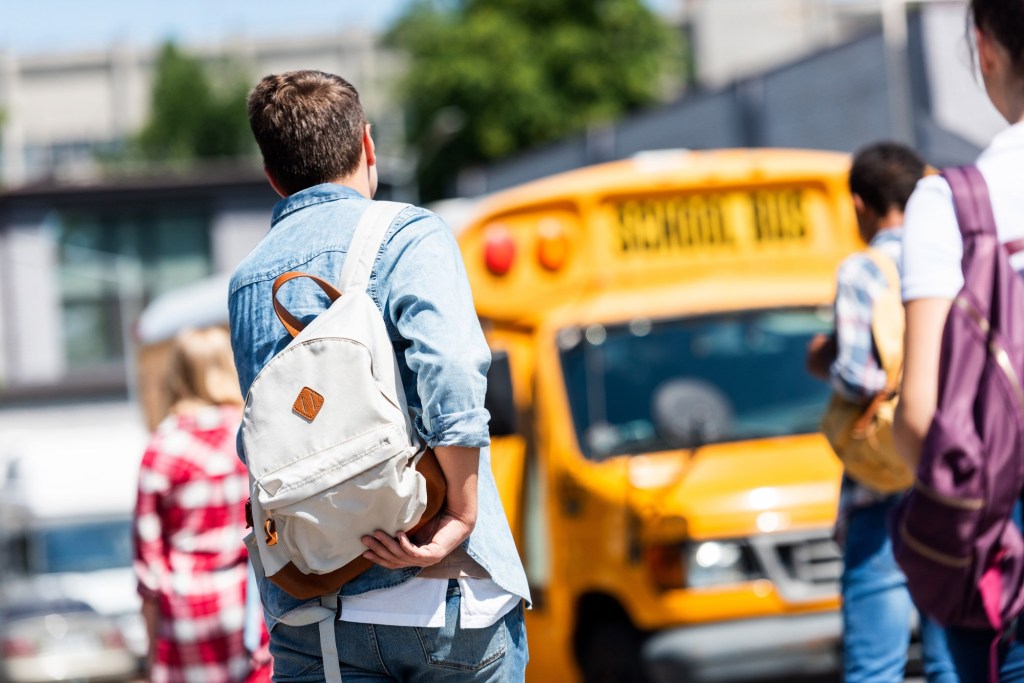NASHVILLE, Tenn. — High school classes start so early around this city that some kids get on buses at 5:30 in the morning.
Just 10% of public schools nationwide start before 7:30 a.m., according to federal statistics. But in Nashville, classes start at 7:05 — a fact the new mayor, Freddie O’Connell, has been criticizing for years.
“It’s not a badge of honor,” he said when he was still a city council member.
Since his election in September, O’Connell has announced that pushing back school start times is a cornerstone of the education policy he is promoting. He and others around the country have been trying to stress that teenagers aren’t lazy or to blame for getting too little sleep. It’s science.
“All teenagers have this shift in their brain that causes them to not feel sleepy until about 10:45 or 11 at night,” said Kyla Wahlstrom, a senior research fellow at the University of Minnesota in the College of Education and Human Development. She studies how education policy affects learning, and she used to be a teacher. “It’s a shift that is biologically determined.”
Sleep deprivation in teenagers is linked to mental health struggles, worse grades, traffic accidents and more. That’s why states including California and Florida have mandated later start times. Individual districts across the country — including some in Tennessee — have made the same change.
But resistance to later starts is less about the science than it is about logistical and financial difficulties, especially with basics like busing.
State Rep. John Ray Clemmons, a Nashville Democrat, tried to pass a bill mandating later start times in 2022.
“I’m starting to experience this with one of my own children,” he said during a committee hearing on the bill. He dug into the biology, including the famous sleep hormone melatonin.
Melatonin makes people feel drowsy. The brain starts producing it when it gets…
Read the full article here







